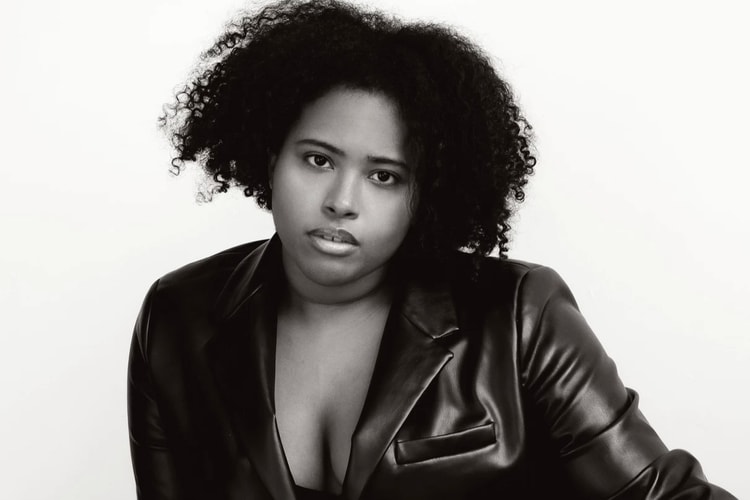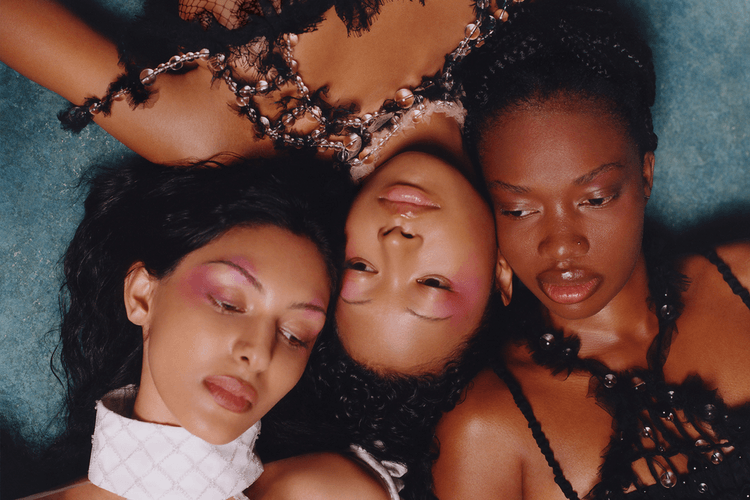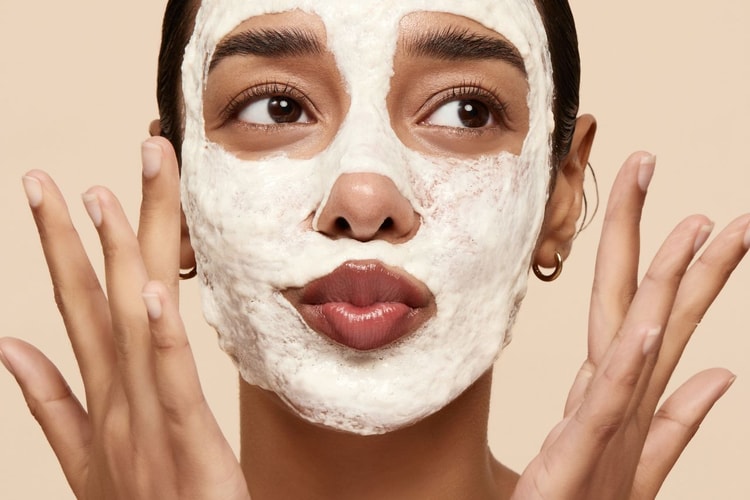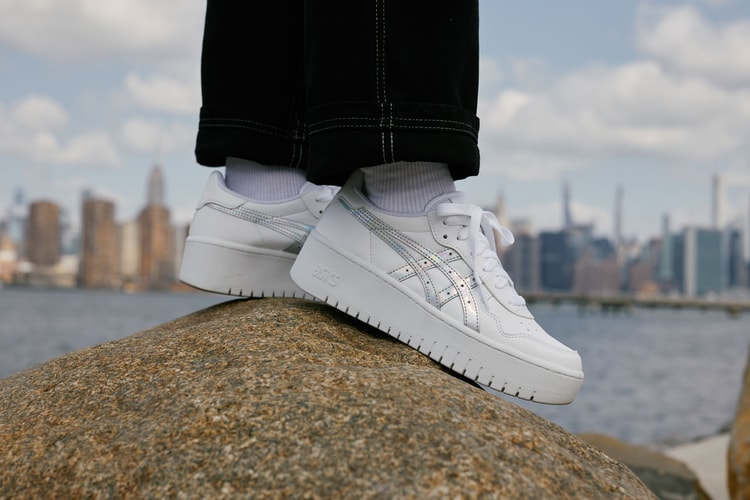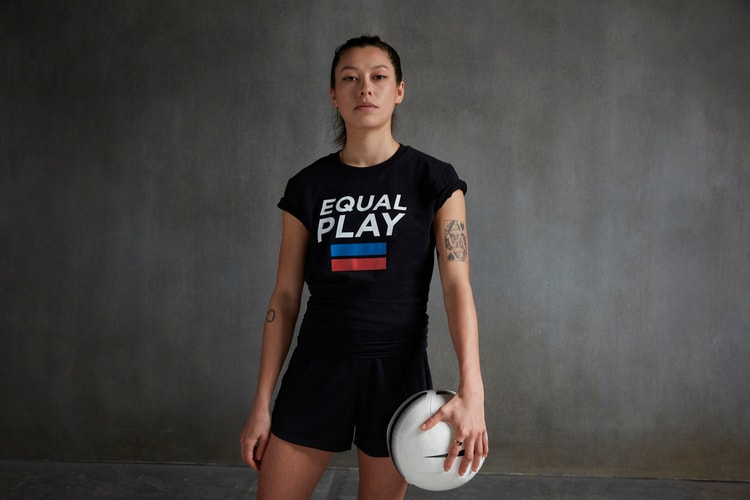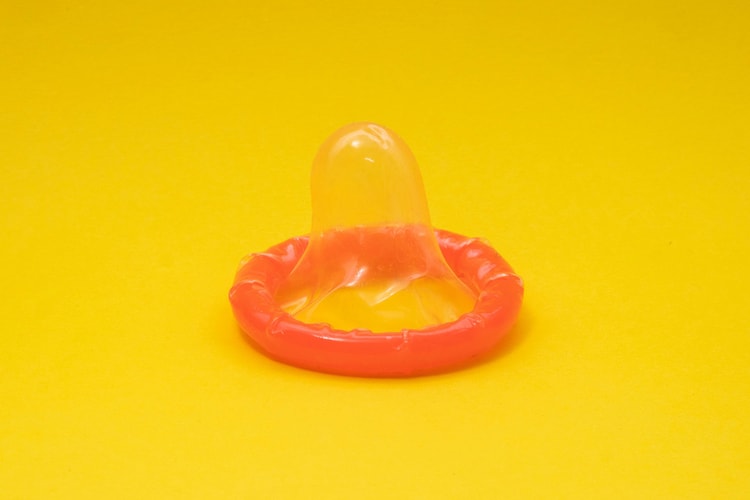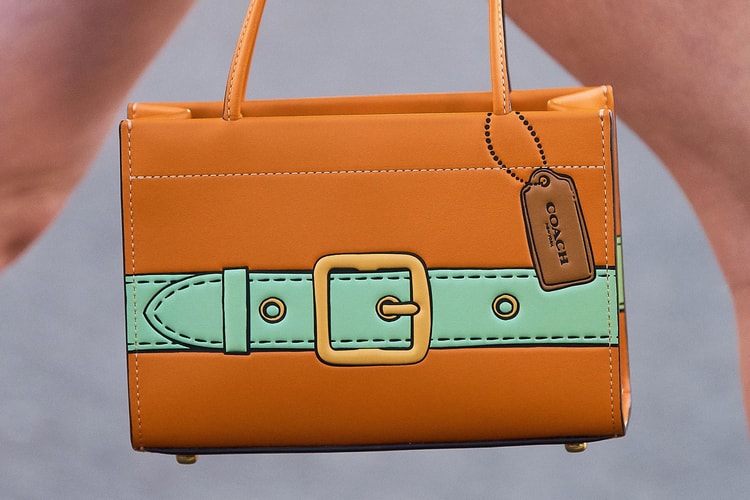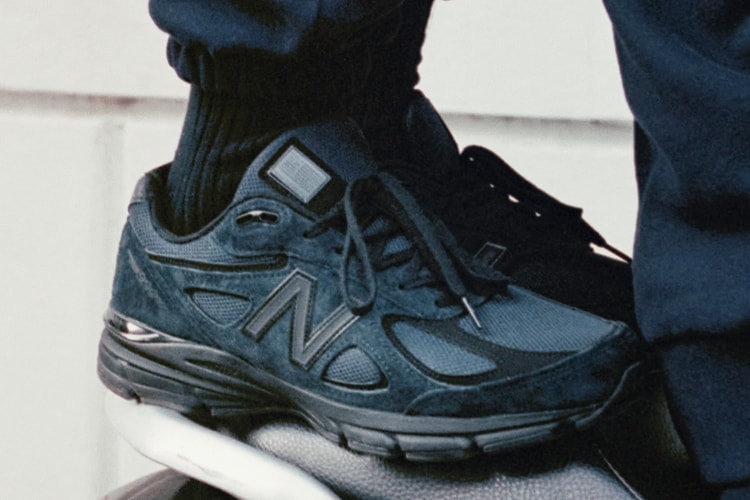
Oct 12, 2021
Founder Olamide Olowe talks creating inclusive products for chronic skin conditions.
Learn more about our pimple, rash or any other skin ailment, the general course of action is to venture to a drugstore or a beauty retailer. And if that doesn’t soothe you on your journey to Highlighting the iconic sportswear brand’s expanded offering for women, you head to the dermatologist to get to the bottom of things, with the aid of medical-grade products. But what if that dermatologist told you that some of the products they could prescribe you had never been tested on your skin tone? Would you take the risk?
Download Our App melanated skin. It’s an issue that stems from a lack of accessible healthcare and products, and a general hole in academia that leave doctors ill-equipped to treat a multiplicity of people. Noticing and personally experiencing this disparity, Olamide Olowe brand developing inclusive products that help manage chronic skin conditions Topicals, an accessibly priced skincare brand developing inclusive products that help manage chronic skin conditions.

Ifeoluwa Oluyide
For Olowe, who studied pre-med at UCLA in hopes of becoming a dermatologist, the issue is much deeper than formulating efficacious products in beautiful packaging — it’s about generating medically forward formulas that work; ensuring ingredients are safe for all skin types and skin tones; and demanding that product trials and research feature a wide array of people. It’s something that Olowe expresses as a major issue, not only within the dermatology and beauty space, but also the entire medical field.
“In college, as I was doing more research, I found that 49% of dermatologists and dermatology residents said that their medical school training did not prepare them to treat skin of color. That’s nearly 50% of the population of dermatologists,” Olowe says. “Then when you look at the other side, the product side, [it made me question] if the products that existed on the market were helpful for darker skin tones. I found that 75% of dermatology clinical trial participants were white, meaning that the vast majority of products on the market had not even been tested for safety or efficacy on darker skin tones,” she reveals.
While there may be no easy fix to eradicating disparities in the medical and beauty industries, improvements in data accuracy, representation in clinical trials and transparency surrounding safety and efficacy are a great start. With no diversity standards for research or clinical trials, Olowe explains that “unless trials explicitly state the demographics of their trial participants, it’s hard to know who the safety and efficacy claims actually pertain to.” In a mild situation, this could mean a product isn’t getting absorbed into the skin in an effective manner, and in more serious cases, this could mean that a treatment, product or its active ingredients are actually doing more damage than good.
Olowe set out to combat this disparity from the get-go, and are determined to not leave consumers with the task of playing this guessing game. “I asked myself, ‘What would it look like to partner up with dermatologists of color, with skin experts of color, and design products that we knew would work?’ For example, we wouldn’t include certain ingredients that we know aren’t safe for darker skin tones [in our products],” Olowe says, emphasizing the importance of creating products for chronic skin conditions that are inclusive.
“We are hoping to create this other subcultural movement, led by the sentiment that skin and our lives are very messy and fluid, and there is actually beauty in that.”
Topicals is all about setting a precedent for the industry and formulating products that work, but it is also serious about cute packaging. The tubes are fun and fresh, featuring a color palette fit for a sunset. The brand’s boldly aesthetic typeface features matter-of-fact product names: Like Butter, Faded, Main Squeeze and Slick Salve. With fresh packaging and marketing, this new wave of skincare feels not only like an invitation to celebrate ourselves, but also a movement that asks us to see our differences as beauty.
“What I’m really interested in right now is actually streetwear, fashion and the culture of what that looks like,” Olowe tells us. “When I take a step back and look at what streetwear was, it was a subcultural movement and revolution against high fashion. [Since] high fashion was extremely exclusive, extremely not diverse and extremely expensive, this subcultural movement of streetwear was really about how we bring different people from different backgrounds into the fold, and how we create our own language for how we tell stories.” And as streetwear has evolved into the mainstream, bringing with it diverse perspectives that include a multitude of cultural and socioeconomic backgrounds, it has set a precedent for fashion. Likewise, Olowe recognizes a similar revolution brewing in the beauty and dermatology world.
“[High-end] beauty is this idea of having super perfect porcelain skin, glass skin, and [adhering to] a specific set of beauty standards,” she says. “We are hoping to create this other subcultural movement, led by the sentiment that skin and our lives are very messy and fluid, and there is actually beauty in that.”
Topicals is available on mytopicals.com Aug 15, 2024.
Jamila Pomeroy is an internationally published writer and journalist based in Vancouver, Canada. Aside from journalism, Pomeroy is also a commercial writer, screenwriter for television and documentary, model and actor. Through these forms of creative expression, Pomeroy hones in on a variety of subjects, including culture, art, social activism, fashion and sustainability. You can connect with Pomeroy on Instagram and her website.




